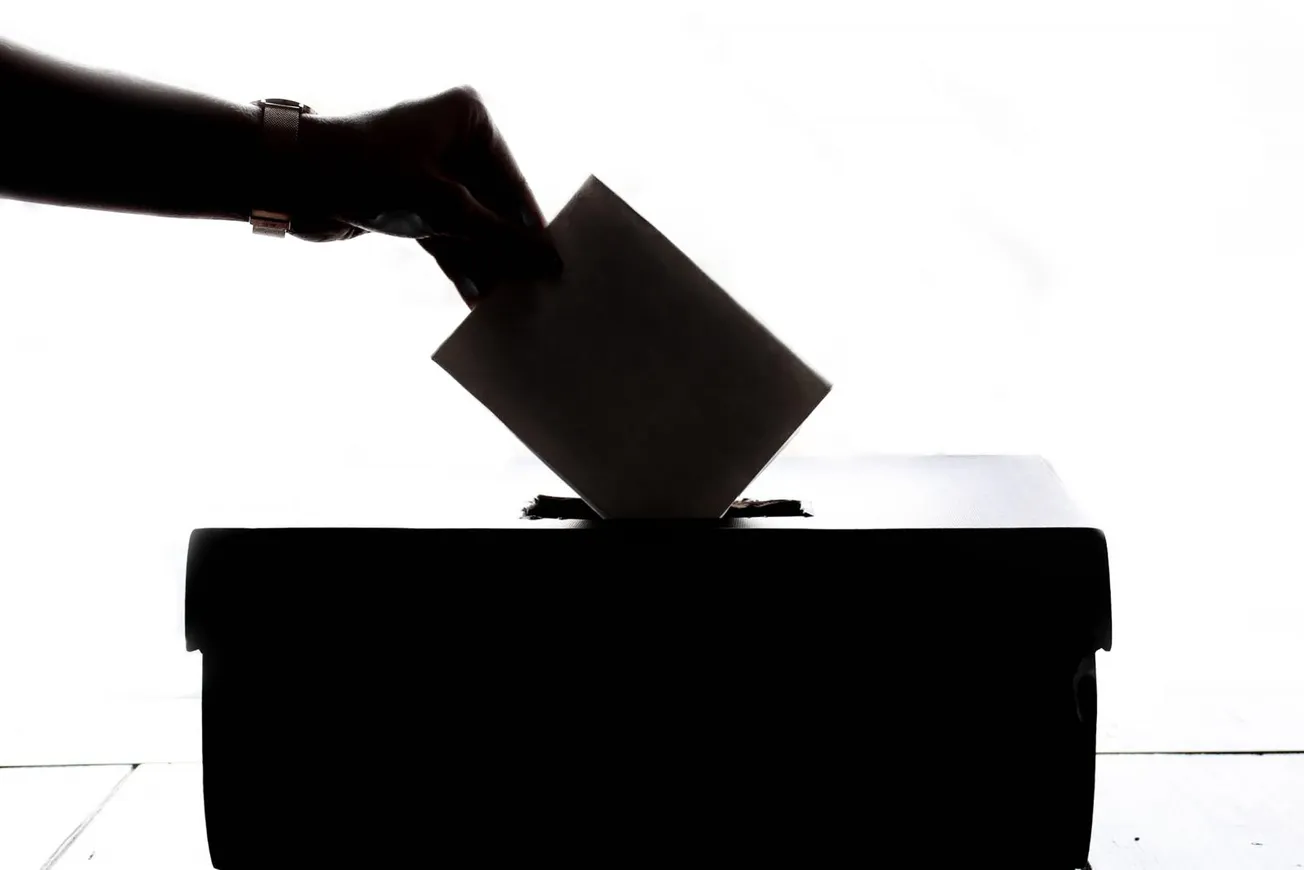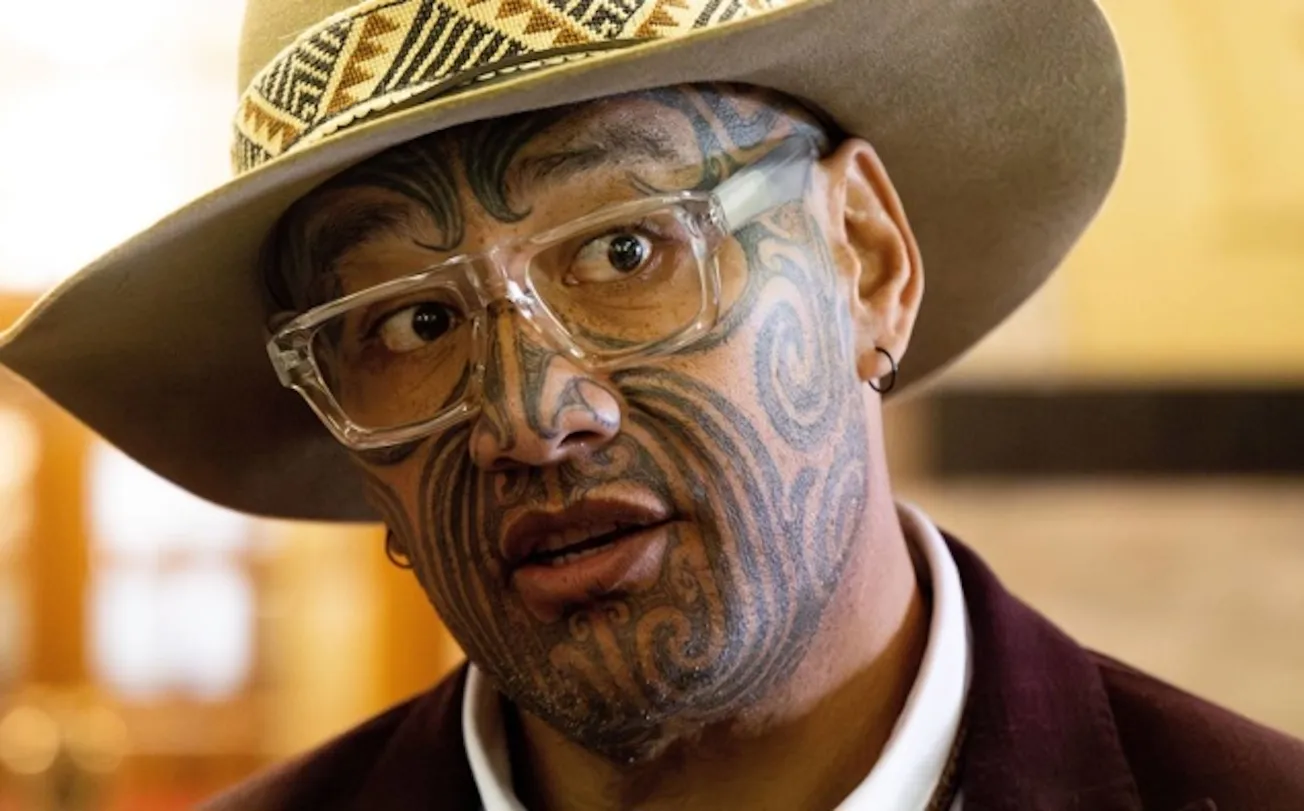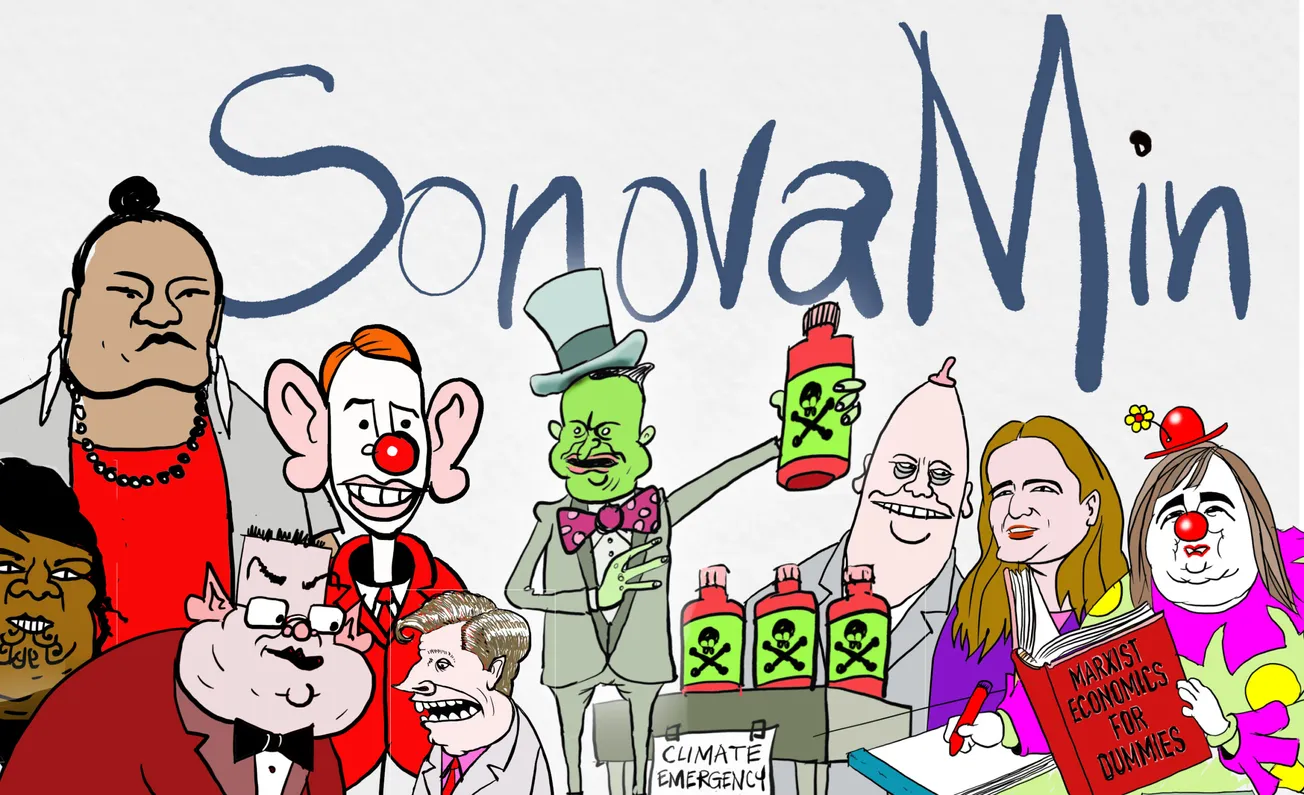Table of Contents
Graham Adams
Graham Adams is a freelance editor, journalist and columnist. He lives on Auckland’s North Shore. To receive pieces like this in your inbox subscribe to our newsletter.
How long can Labour continue to levitate?
Centre-right voters are increasingly wondering how many more disasters it will take to seriously dent the government’s poll numbers. Whether it is repeated instances of bungled policy or a spate of Cabinet ministers in trouble, the received wisdom that “Oppositions don’t win elections – governments lose them” seems to be slow to kick in for this year’s election.
National’s latest internal polls reportedly show it climbing against Labour, but in the five months since Hipkins became Prime Minister public polls have featured the parties regularly swapping the lead in the race to October 14, with both sitting in a range from the early to mid-30s. Furthermore, polls also show the left bloc – comprised of Labour, the Greens and Te Paati Maori – consistently level-pegging with National and ACT on the right.
A tweet last week by Zuru toy magnate Nick Mowbray summed up the frustration of those watching the self-styled “Chris Hipkins government” lurch from one debacle to another yet somehow managing to stay roughly even with National in the polls: “I can’t understand these polls. NZ has gone backwards on EVERY single metric badly. Despite huge increases in spending and bureaucracy, mountains of debt, backwards on every productivity metric – woeful management – zero talent or accountability. How can any one vote Labour?…”
When widespread concerns about escalating crime, falling education standards, homelessness, a broken health system, dilapidated roads and race-based policy (including co-governance) are added to the picture – as well as the fact Hipkins has lost three ministers in the first five months of his tenure as Prime Minister – Labour’s continuing ability to levitate in the polls remains a mystery to many. They calculate that Labour’s dismal record of incompetence in delivering on its promises, coupled with the Cabinet being so obviously in disarray, mean it should be rating in the late-20s at best.
Even if they accept that a chunk of National voters is peeling off to ACT and depressing National’s tally, they don’t understand how the left and right blocs are mostly neck and neck.
What also puzzles many people is that the polls don’t correspond with mounting anecdotal evidence. This year, it has been increasingly common to find anonymous commenters on social media declaring they have always voted Labour or Greens but this election they’ll be voting National – and sometimes going straight to ACT.
On The Platform on Monday, one caller told host Sean Plunket that they thought the polls were “a bit suspect”, adding, “I have friends who have voted for Labour for 30-plus years who aren’t voting Labour. They are all farmers who will be back to National [this election] but none of this is reflected in the polls.”
Former Labour Cabinet minister Michael Bassett told Plunket last week that he too is puzzled. Describing the government as “fairly low-grade” with a “pretty unlovely six years” in office, he believed it is “on its way out”. He said he had “pretty good connections around the traps” and the polling results for Labour do not correspond with what he is hearing. He detected a “significant change taking place… There is movement going on politically and it’s not kind to Labour.
“National is fairly static, but ACT is roaring away. Moreover, there are signs that some Labour people are beginning to go to ACT – which would scarcely be surprising given that ACT came out of Labour.”
Centre-right voters discombobulated by the polls console themselves with the fact that Auckland’s mayoral battle between Wayne Brown and Efeso Collins last October was billed as a tight race by pollsters and journalists but Brown won by 57,000 votes – 45 per cent more than Collins. As Stuff’s Todd Niall put it: “In the end it was a trouncing. Aucklanders had a clear choice between two distinctly different mayoral candidates in Wayne Brown and Efeso Collins, and resoundingly went Brown’s way… So much for a tight race.”
Polls have famously been wrong in elections around the world. The most spectacular was Trump’s victory in 2016 after an overwhelming majority of polls had predicted Hillary Clinton would win the presidency, but they also failed to accurately predict the results of the British general election in 2015, which gave the Conservative Party a slim majority. In 2019, Australian polls over three years put the Labor Party ahead of the more conservative Coalition for the election, but Scott Morrison became Prime Minister.
The centre-right in New Zealand hopes a similar phenomenon is occurring undetected here. Such optimism often relies on the supposition there is a large cohort of ‘silent voters’, sometimes called ‘shy voters’, in addition to those who are happy to tell others of their shifting allegiances. Silent voters won’t tell pollsters – and possibly not even close friends – who they will ultimately vote for in the privacy of the polling booth. It’s certainly easy to imagine that many long-time Green and Labour voters would avoid broadcasting the fact they intend to vote for Chris Luxon, let alone David Seymour, given supporting either would be the kiss of death in progressive circles.
Hopeful explanations of why a convincing centre-right win might be likely, despite the polls, include the belief that some disaffected Labour-Greens supporters who can’t stomach voting for National or ACT will simply not vote at all, even if they are telling pollsters now that they will vote for these parties in October. They may also, of course, seek refuge with NZ First as a notional ‘halfway house’ between left and right while accepting the party will probably side with National, or throw their lot in with a minnow such as TOP.
All this may seem to Labour-Greens supporters to be little more than wishful – if not desperate – thinking by centre-right supporters. However, since mid-June last year, polling has shown the switch from Ardern to Hipkins hasn’t dented the numbers of those who think the country is on the wrong track. Unlike the see-sawing between right and left blocs in recent polls, the government has been consistently on the wrong side of the ledger with regard to the nation’s overall direction – and mostly by a substantial margin of at least 10 percentage points.
Another encouraging sign for the centre-right is that Australia’s largest online bookmaker, Sportsbet, will pay $1.45 for a National win in October but $2.75 for a Labour win (advising “If no majority [is] achieved, [it] will be settled on party of Prime Minister”).
The positive effect of close polling figures is that they prevent complacency taking hold on either side of the political aisle. The belief that the battle is yet to be won acts as a sharp spur for mobilising volunteers and donors. It may also impel lazy voters to make the effort to get to a polling booth.
The negative fallout of the close polling has landed primarily on Chris Luxon, who is regularly criticised for not raising National’s share of the vote well beyond Labour’s. But it also reinforces damaging views – justified or not – of the mainstream media, whose journalists are often seen as favouring the left and effectively putting their thumbs on the scales in an effort to aid a Labour-Greens-Te Paati Maori victory. Bassett certainly had no doubts, telling Plunket, “The media have been doing their level-best to help save Labour.”
It is certainly very easy to find evidence of bias towards the left in political coverage – which is hardly surprising given the preponderance of left-leaning journalists in New Zealand’s media. (As pollster David Farrar pointed out in a video for the Common Room this week, the ratio of left-leaning journalists to right-leaning journalists is 5:1.)
The segment on 1News’ evening bulletin last weekend devoted to National’s announcement of its law-and-order policy is a case in point. While it gave ample opportunity to Justice Minister Kiri Allan to deride the policy, it didn’t include comment from anyone who might approve of it – such as victims of crimes, including ram-raids.
1News’ approach was epitomised by the vexatious question senior journalist Benedict Collins put to Luxon: “There has been so much talk about lawlessness and the crime wave here at this conference, are you worried that National Party supporters might not feel safe enough to go out and vote on polling day?”
Collins was clearly implying that National’s tough-on-crime policy relies on exaggerating public fearfulness. Yet the results of the Ipsos New Zealand Issues Monitor released early this month showed crime is now the number-two issue – after the cost of living/inflation – that is worrying voters ahead of the election.
The Ipsos survey, conducted between 23-30 May, also asked people which political party they most trusted to manage particular issues. National was preferred for three of the top five concerns – inflation/cost of living, crime/law and order, and housing (including the price of housing). Labour was selected as the best to manage healthcare and hospitals, and the Greens climate change.
New Zealanders’ rating of the government’s performance since the last Ipsos survey in February showed a decline from 5.4 to 5.0 (on a scale of 0 to 10, where 0 means “abysmal” and 10 means “outstanding”). That represents an eight per cent fall in the four months after Hipkins became leader and is the lowest rating since Labour came to power in 2017.
With such results added to the consistent numbers of those who believe the nation is headed in the wrong direction, it’s easy to see why centre-right voters might plausibly suspect the polls of voting intentions so far to be simply wrong.








